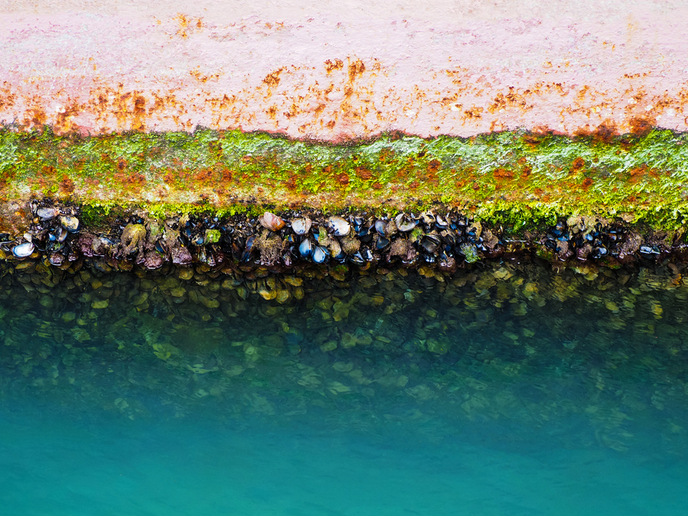Cruising towards a smaller carbon footprint
Conventional ship propulsion systems rely on fossil fuels and large diesel engines. But this combustion process produces a significant amount of air pollution, which has a negative impact on human health. It is also responsible for around 3 % of the world’s greenhouse gas emissions. With the goal of reducing the shipping sector’s carbon footprint, the International Maritime Organization(opens in new window) (IMO) has set the goal of halving ocean-vessel emissions by 2050. This is an ambitious target, and one that will require innovative new technologies and energy solutions – which is exactly what the EU-funded Nautilus(opens in new window) project set out to deliver. With a focus on the cruise ship industry, the project is developing and evaluating a highly efficient, dynamic and sustainable marine power system fuelled by liquefied natural gas (LNG). “Our goal is to cut greenhouse gas emissions by 50 % and all other diesel engine exhaust gas emission components almost entirely,” says Asif Ansar, head of the Department Energy System Integration at the German Aerospace Center(opens in new window) (DLR), the project’s coordinating partner.
Innovative technology covers a cruise ship’s heat and power needs
At the heart of the project is a comprehensive energy technology designed to cover a cruise ship’s entire heat and power needs. The innovative concept consists of a solid oxide fuel cell (SOFC) battery hybrid generator set (genset) that is integrated with a ship’s existing internal combustion engine (ICE) generators. “Our proposed technology will offer higher efficiency, improved dynamic capability, fuel flexibility, modularity, and, thanks to its use of fewer moving parts, lower maintenance,” explains Ansar. While the ultimate goal is to fully cover a ship’s power demand with the SOFC-battery and power the ship on 100 % renewable fuels, the generators will first be gradually replaced with a hybrid system.
Lowering the cruise industry’s emissions profile
The project has made significant progress towards its goal, delivering numerous important results. For example, while generating 64.6 MWh of electrical power, it demonstrated that its technology can significantly outperform conventional genset solutions in fuel-to-power efficiency, attaining approximately 65 %. Furthermore, it confirmed that its genset resulted in a 30 % reduction in CO2 emissions compared to ICEs operating with heavy fuel oil, almost eliminating methane slip and having only negligible carbon monoxide exhaust. “We also showed an outstanding 95 % reduction in non-CO2 pollutants – an unprecedented achievement in maritime energy systems,” notes Ansar. In addition, the project designed and tested a first-of-its-kind scalable, multi-megawatt SOFC concept optimised for high-power density, along with conducting technology impact and life cycle assessments. “Combined, these results serve as a stepping stone towards the uptake of SOFC systems as an effective means of lowering the cruise industry’s emissions profile,” adds Ansar.
A leading role in sustainable shipping
The European cruise industry is at a crossroads. Commanding a 95 % share of the leisure and travel segment, it is an important driver of the European economy. But to maintain this advantage, it must reduce its environmental impact. “Europe has a unique opportunity to assume a leading role in innovative and sustainable shipping operations,” concludes Ansar. “The Nautilus project has demonstrated a concept that, once scaled up, will allow the cruise industry to fully leverage this opportunity.” The project continues to develop its technology, including scaling up the SOFC systems towards megawatt scale.
Keywords
Nautilus, cruise ship, fossil fuels, air pollution, greenhouse gas emissions, shipping, liquefied natural gas, cruise industry







